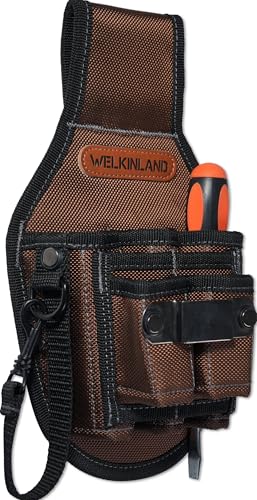I'm curious as to how you think using this would 'find' you energy savings? You see the fridge kick on and kick off and maybe see how long it ran?? Same for the water heater, the dryer and various other appliances. How do you make use of that info to save on your power bill?
$50 worth of caulk to reduce the air leakage in your house will pay for itself the first year - Same for new weather stripping on your exterior doors. Turn your thermostat down to 68 in the winter and up to 75 in the summer - Turn it back 10 or 15 degrees with a smart thermostat when no one is home. Install a timer on your water heater so it only comes on for half an hour shortly before you bathe. Hang your clothes on a line outside when the weather permits. Turn up the temp in your refrigerator/freezer a few degrees. IMO, any/all of these would give you a greater return on your $$$ than spending $300 on an energy monitor - You already have a monthly report on the power you use with your power bill every month. You can compare this December with last December and next December to see if you're making improvements. Making a few simple changes will lower that number and that's the one you really want to see change
Don

































